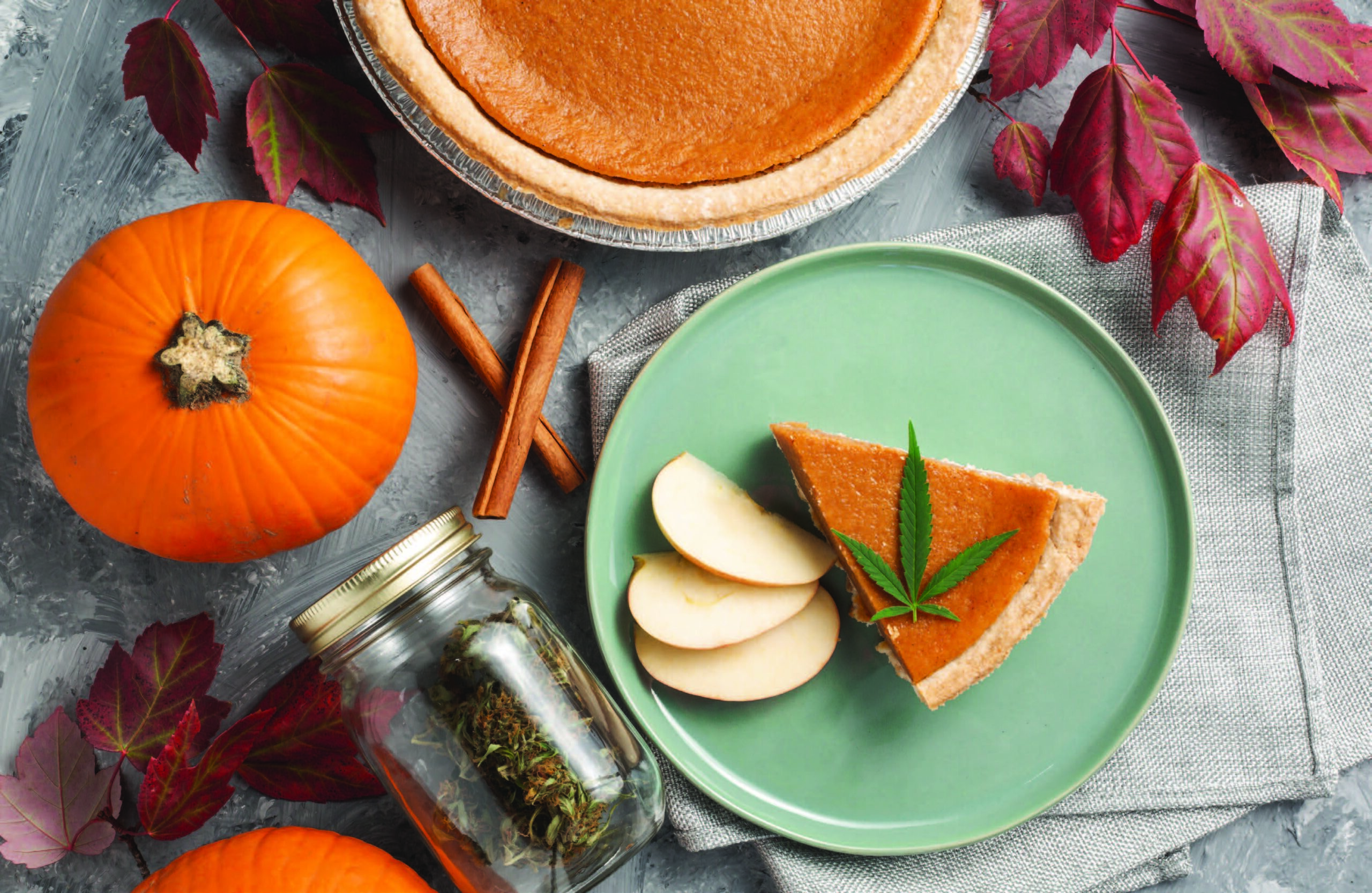It’s easy to take our food and drink for granted. Take cheese, for example. Hardly anyone is milking their own cow and all those times you waited too long to finish your milk: Yep, that’s a step in making cheese, too. It’s so weird and kinda gross, but man, cheese is so good and I’m so glad someone is doing all that work for me.
Pretty much everything we eat and drink has a messy process getting from the field, forest, farm, hive or whatever into our glasses or onto our plates. Working with beer, I know this to be true, and I can only imagine the same with other food and drink. And imagining the processes it took to develop our food, especially beer, from the messy pre-industrial/pre-scientific product it has become is even harder to imagine.
The very first beer recipe is also a poem (yeah, this is totally my jam) to the Sumerian goddess, Ninkasi. Because it’s 4,000 years old, and because of the poetic language, the recipe is not entirely straightforward. Basically you make a really large, hard, dense loaf of bread, called bappir, made from barley, honey and dates. These loaves of bread were typically stored, and when you wanted to make beer, you’d take a loaf of bappir, put it in a jug, then add water and wait for it to turn into alcohol. It was then drunk with a straw so you didn’t get any of the weird floaties in your mouth.
Yum.
Now, anyone who homebrews or works in a brewery will tell you, this is a gnarly looking and smelling thing. Most of the time when we see frothy, foamy, bubbly stuff growing in our fridge, we throw it out, pot and all. But somewhere, sometime, some brave soul decided to drink an old rotting pot of soaking wet bread-goo.
I imagine people drank the scummed-up barley juice because of a dare or out of desperation or both:
Mesopotamian Bro #1: I’m so hungry I could eat a whole turtle. (Yes, the Mesopotamians ate turtles.)
Mesopotamian Bro #2: Dude, all I’ve got is this jar of nasty old bread. It smells funky and it got real wet. Actually, [shakes jar of decaying sludge] it’s just slimy ooze. I dare you to drink it.
Mesopotamian Bro #1: What do I get if I do?
Mesopotamian Bro #2: You get to keep the jar, but only if you drink the whole thing.
Mesopotamian Bro #1: Deal!
20 minutes later …
Mesopotamian Bro #1: Dude, I’m so messed up. I think the gods are talking to me!
That giddy joy from drinking a jug or two of festering bread-water was just too good to ignore, so the Mesopotamians started making tons of beer and thanked the goddess Ninkasi for it.
And the rest is history!
No! There are still so many little miracles that have happened along the way – malting, hopping, yeast cropping, pitching – that gave us the basics of contemporary brewing. All of these things I’d say are miracles as opposed to science, because hey, human beings figured out how to do all of these amazing things without science, which still needed to be invented.
Yes, we figured out beer before we figured out how to make metal. We figured out beer before we had money, glass, negative numbers or even the number zero. We figured out beer before we figured out that the sun was the center of the solar system, and we figured out beer before we figured out gravity, for crying out loud!
So, next time you’re enjoying a glass of something cold and fermented, make a toast:
To Ninkasi
who holds with both hands
the great sweet wort,
when you pour out the beer,
it’s like the Animas, at 6,000 CFS.
Robert Alan Wendeborn puts the bubbles in the beer at Ska Brewing Co. His first book of poetry, The Blank Target, was published this past spring by The Lettered Streets Press and is available at Maria’s Bookshop. [email protected]













